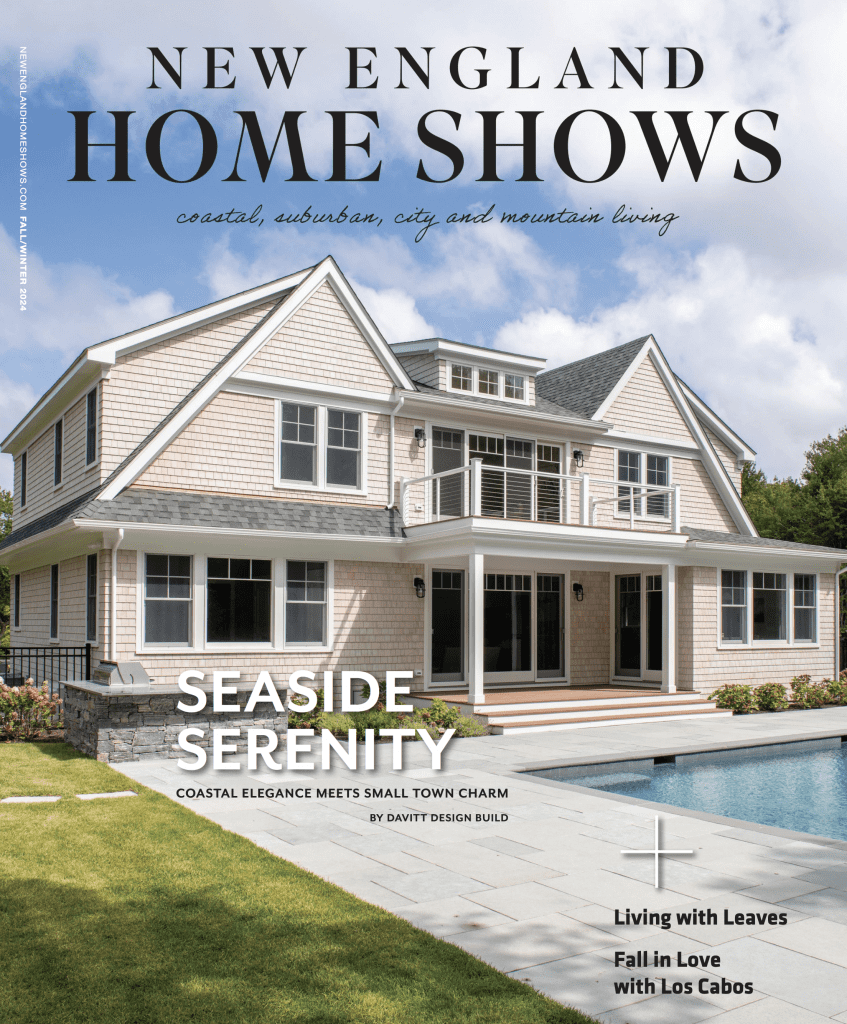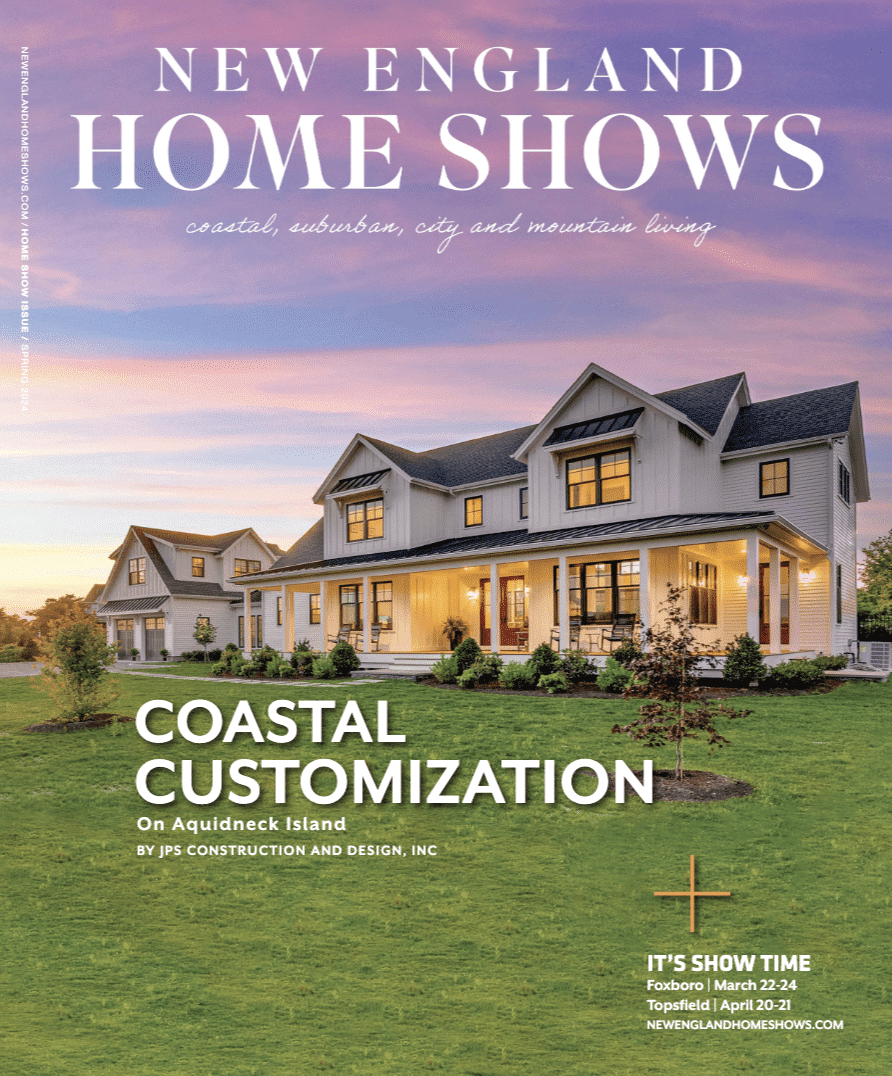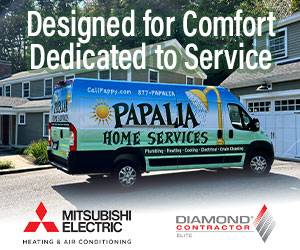Acquiring a home is a momentous task because you’ll live in it and become responsible for its maintenance and associated fees. Because of this, you want to make the best choice possible so that you don’t face frustrations later on. If you don’t know what to look for in a potential home as you delve into the market, reflect on these details to consider when buying a house. They’ll act as guidelines that’ll aid your decision-making process.
Location and Convenience
Before you start examining a house’s physical features, look at its location and convenience for your lifestyle. Is the home close enough to your workplace that your commute won’t be too taxing? What kinds of stores, parks, restaurants, and schools are nearby? The house should ideally check all your boxes for proximity to these places. You may also want to think about the noise level and the appearance of its location. If you want your home to be a quiet place, for instance, you should probably steer clear of houses that sit right next to bustling streets. Being attentive to location will allow you to efficiently narrow down your list of homes.
Bathroom and Bedroom Number
Of course, the home’s size is a detail to consider when buying a house. Know how many bathrooms and bedrooms your family will require to live comfortably. Many homes have one bathroom connected directly to the master bedroom, another bathroom in a hallway for the other smaller bedrooms, and a powder room closer to the living room and kitchen for when you’re in those areas or you have friends or family over. Smaller homes may combine the latter two types of bathrooms. As you contemplate the number of bathrooms and bedrooms you’ll need, also take into account whether you want extra space for overnight guests, an office, or a kids’ playroom.
New Construction vs. Existing Home
Picking between an existing home and a new construction can drastically change your satisfaction with the home in the long run. Each has its own strengths and weaknesses that you should contemplate. A new construction home will be in a pristine condition because it has just been completed. You can expect less maintenance, and you’ll have the ability to easily choose the appliances, fixtures, and finishes to maximize energy efficiency and aesthetics. However, a new construction may be in a less-developed location, and you won’t be able to negotiate its price.
On the other hand, talking with sellers to lower the price on their existing homes is an expected practice. The previous owner may have already outfitted the home with appliances and upgrades so that you don’t need to worry about them. Furthermore, you may prefer the area in which an existing home sits because you can gain a clearer idea of the neighbors, stores, and traffic patterns there. The downside is that an existing home will be older, and it may need more upkeep as a result.






















